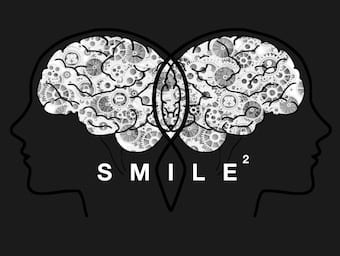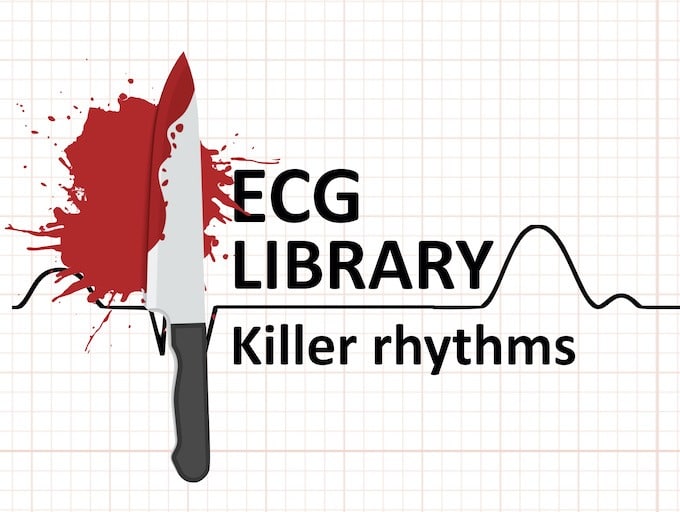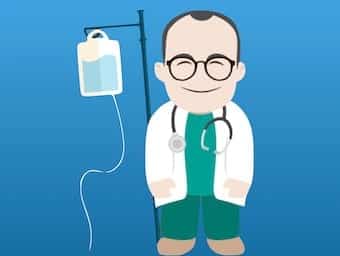
Chain of Survival
A conceptualisation of the interventions that contribute to a successful outcome after a cardiac arrest; like any chain, it is only as strong as the weakest link

A conceptualisation of the interventions that contribute to a successful outcome after a cardiac arrest; like any chain, it is only as strong as the weakest link

List of commonly used medications and drugs in cardiac arrest.

A summary of commonly used drug infusions and their dosing and preparation for use in critical care (ICU / Anaesthethics / Emergency)

Translational simulation improves patient care & health systems by diagnosing safety/ performance issues & delivering interventions.

Videos to demonstrate simple lifesaving first aid skills to allow civilians in areas of conflict to potentially save the life of their fellow citizens

Targeted temperature management (TTM) refers to strict temperature control following out-of-hospital cardiac arrest (OHCA). Current evidence = Normothermia and actively treat fevers.

8 deadly ECG patterns NOT to miss -- Part 2, the occlusion version. These patients require immediate cardiology referral for emergent reperfusion therapy.

In this video Joel Topf looks at three types of potassium wasting nephropathies: Polyuria; distal RTA; and hypomagnesemia...and how each can lead to hypokalemia.

Comms Lab 33: 5 Lessons the Ocean Taught Me How To Deal With Angry People

A virtual multi-disciplinary conference on point of care ultrasound in medicine with vanPOCUS a group of Vancouver ultrasound enthusiasts.

Armand Trousseau (1801 - 1867) was a French Physician. Eponymously affiliated with a sign, a spot and a syndrome...

In this video Joel Topf looks at how you can easily differentiate between different types of diabetes insipidus.